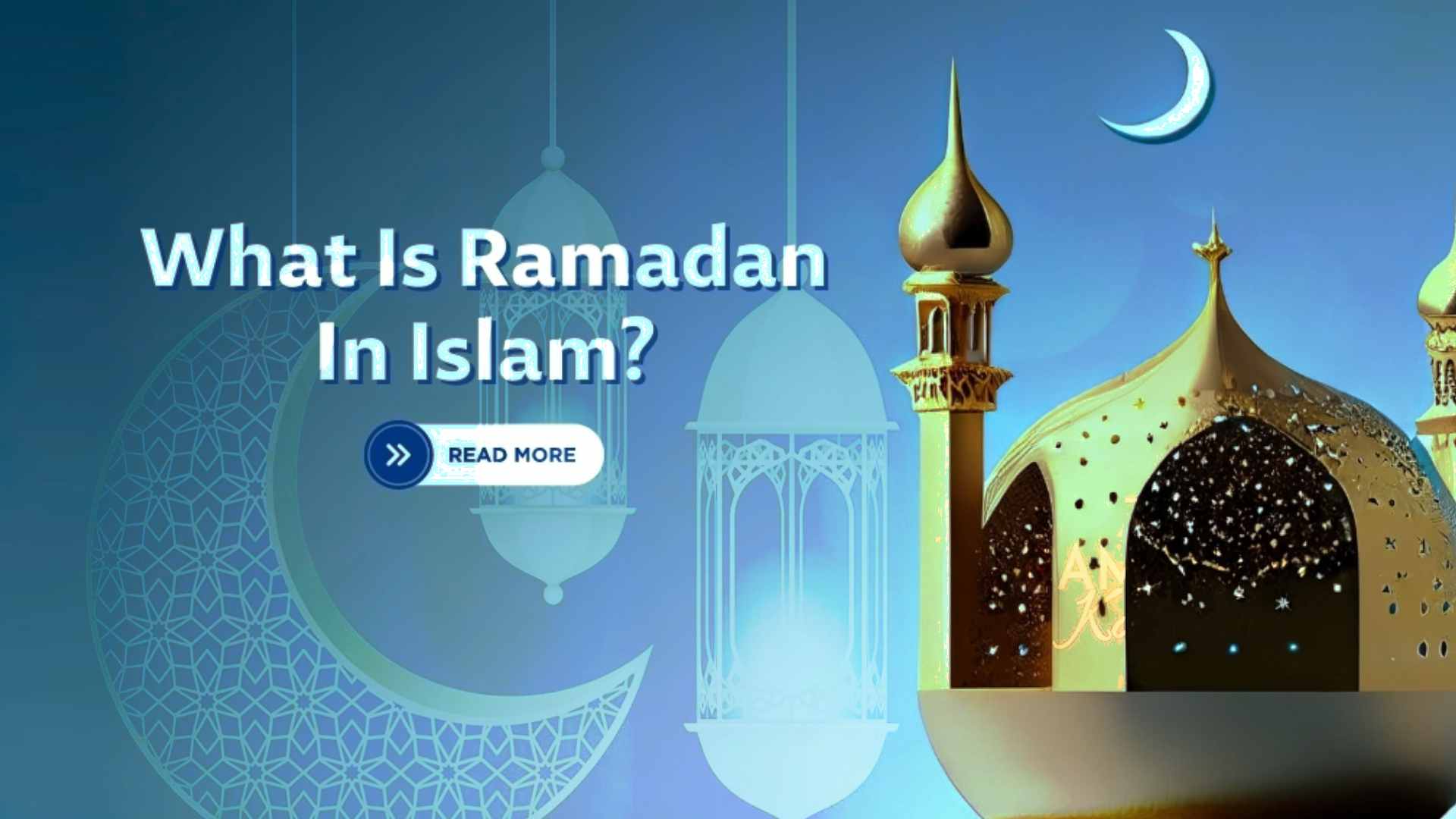Ramadan is the ninth month in the Islamic (hijri) calendar and one of the holiest periods of worship for Muslims. The month lasts a period of 29 or 30 days, depending on the sighting of the moon, and appears to shift forward approximately 11 days each year as the Islamic calendar is based on the lunar cycle instead of the Gregorian calendar we commonly use today.
What is the significance of Ramadan?
The month of Ramadan marks the period in which the holy Qur’an was first revealed to the Prophet Muhammad (peace be upon him). Importantly, it’s also the month in which Muslims practice one of the five pillars of Islam, Sawm, or fasting.
Fasting the month of Ramadan is obligatory for every Muslim who has passed the age of puberty and is in good health.
During this precious month, the reward for a Muslim’s good deeds are multiplied, and all are encouraged to strengthen their relationship with Allah, give Sadaqah, pay their Zakat al-Fitr (Fitrana) and ask for forgiveness.
Why is Ramadan important to Muslims?
Ramadan is important to Muslims for a variety of reasons. The most significant of which is that it is one of the five pillars of Islam. It is required of every Muslim for every year of their lives as long as they are passed the age of puberty and are in good health.
During this period, due to its sanctity, Muslims aim to strengthen their relationship with their creator, read and reflect on the Qur’an, strive for betterment of their character, benefit those in need and the people around them and ask for forgiveness for their transgressions.

